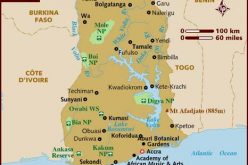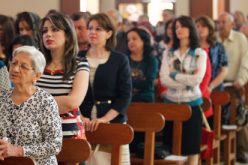Juba — (SUDAN TRIBUNE) Two members of the Presbyterian Church in South Sudan have been detained without access to their families or lawyers since being arrested from their homes on 19 May, Amnesty International says.
The human rights watchdog fears the men – Rev. Idris Nalos Kida and pastor trainee David Gayin – may be at risk of torture or other ill-treatment.
According to eyewitnesses, security forces entered Kida’s house in South Sudan’s capital of Juba at about 8pm, firing three gunshots in the air.
They described seeing the clergyman being beaten before he was taken away in a car belonging to the security forces.
They also searched and confiscated material belonging to him and his family members, including mobile phones, house keys, laptops and documents.
At about 10pm on the same night, security forces broke down the door at Gayin’s home and arrested him.
No reason was given to either of the men’s families for their arrests, and their whereabouts remain unknown.
Amnesty says the men’s detention is illegal under South Sudan’s transitional constitution which prohibits detaining someone for more than 24 hours without the permission of the court.
“Article 19(4) of the Republic of South Sudan’s transitional constitution states that a suspect must be released on bail after 24 hours, unless a court decides they should be remanded in prison”, Amnesty said in a statement on Tuesday.
Amnesty has urged authorities to reveal the whereabouts of the clergymen and allow them immediate access to their families and lawyers, as well as any medical treatment they may require.
It has also called on authorities to adhere to South Sudan’s legal proceedings of detention as enshrined in the country’s constitution and either charge the men with a recognisable criminal offence or immediately release them.
The Presbyterian Church in Sudan is the third largest denomination in South Sudan and has an estimated 1 million members in about 500 congregations.
South Sudan’s security forces have a record of harassing and arbitrarily arresting journalists, activists, and others deemed to be political opponents of the government.
Few security forces who have allegedly committed human rights violations have been held to account, said Amnesty.









